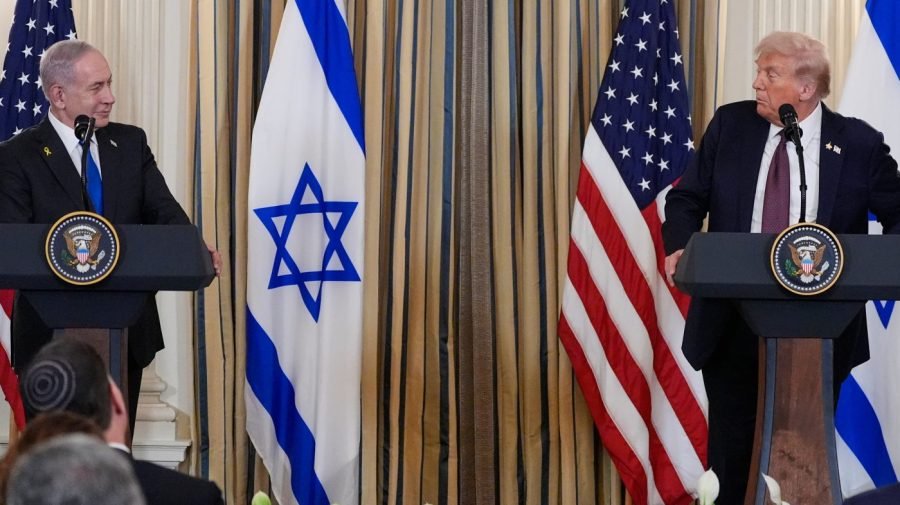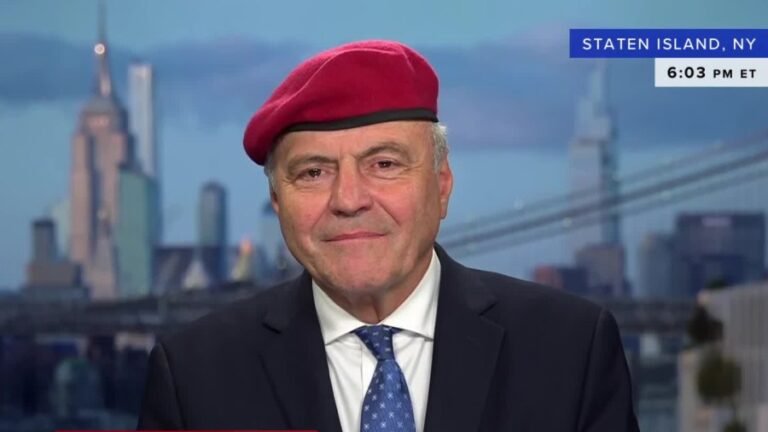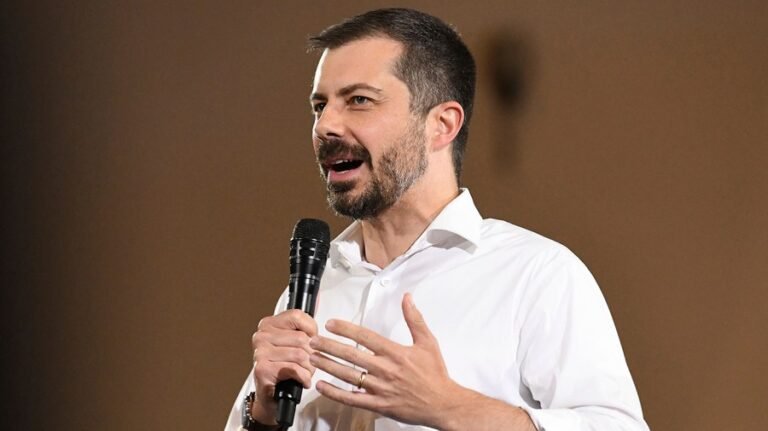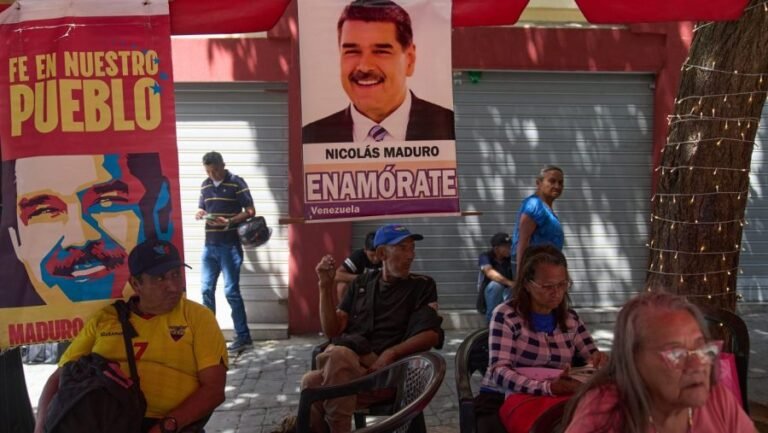
President Trump’s new Gaza peace plan on Monday drew early reactions of support from leaders in the Arab and Muslim world, upping the pressure on Hamas and Israel to commit and follow through on the deal to end the two-year war.
Qatar and Egypt have transmitted Trump’s proposal to Hamas for consideration, although it’s not clear how long the U.S.-designated terror group will have to respond. Netanyahu said he endorsed Trump’s plan, promising to “finish” destroying Hamas if it fails to agree to the terms.
The foreign ministers of Pakistan, Indonesia Egypt, Jordan, the U.A.E., Turkey, Saudi Arabia and Qatar endorsed the plan so long as it leads toward a pathway for a Palestinian state, unifying the Gaza Strip and West Bank, and prevents Israeli annexation of any territory.
However, their joint statement, unlike Trump’s remarks earlier in the day, acknowledged the deal remained a work in progress.
“The ministers affirm their readiness to engage positively and constructively with the United States and the parties toward finalizing the agreement and ensuring its implementation, in a manner that ensures peace, security, and stability for the peoples of the region,” the statement read.
Trump would head a “board of peace” to oversee the post-war transition and reconstruction of Gaza, with Israel scaling back its military in phases. The White House’s 20-point plan was sparse on specifics.
“Netanyahu played this smart,” Aaron David Miller, a veteran U.S. negotiator in the Middle East and senior fellow at the Carnegie Endowment for International Peace, posted on X.
“Close enough by redefining Trump’s plan within his own needs and constraints. Even if Hamas accepts, the amount of negotiating, arguing and politicking will take weeks, if not months with no clear outcome.”
Trump announced his plan after what he said was extensive consultation with Israel, its Arab and Gulf neighbors and Muslim-majority countries that he hopes to woo into recognizing Israel if he can end the bloodshed in Gaza and establish a pathway to a Palestinian state.
“I welcome President Trump’s 20-point plan to ensure an end to the war in Gaza,” Pakistan’s Prime Minister Shehbaz Sharif said in a statement on X, endorsing the plan before it was made publicly available.
Pakistan, a Muslim-majority country, does not recognize Israel’s existence. But Islamabad has sought to deepen ties with Trump, nominating him for a Nobel Peace Prize over his involvement in reaching a ceasefire with India earlier this year.
The president touted Sharif’s endorsement and said he also held consultations with Indonesia’s President Prabowo Subianto over the points of the plan. Trump has sought, since his first term, to bring Indonesia into the Abraham Accords, the 2020 agreement that established ties between Israel, the United Arab Emirates, Bahrain and elevated ties with Morocco.
Indonesia has one of the world’s largest Muslim populations.
“He is an amazing leader and respected by everyone,” Trump said, referring to Subianto, and added “he was in the room with us,” referring to a gathering of Arab and Muslim heads of state at the United Nations last week where the 20-point peace plan was discussed.
White House Spokesperson Karoline Leavitt described the plan as requiring both Israel and Hamas to make concessions, speaking with reporters earlier on Monday morning.
“Ultimately the president knows when you get to a good deal, both sides are going to leave a little unhappy,” she said.
For Hamas, that is a commitment to lay down its arms and renounce any role in a future governance of the strip. For Israel, the plan includes laying out a pathway for a credible Palestinian state, something Netanyahu has rejected as recently as his speech at the United Nations last week.
French President Emanuel Macron, who led the charge at the United Nations last week to recognize a Palestinian state, welcomed Trump’s proposal and said Israel and Hamas must both commit.
“These elements must pave the way for in-depth discussions with all relevant partners to build a lasting peace in the region, based on the two-state solution and on the principles endorsed by 142 UN member states, at the initiative of France and Saudi Arabia.”
Standing beside Trump in the White House on Monday, Netanyahu did not address whether he would recognize a Palestinian state, but backtracked on earlier rejection of the Palestinian Authority (PA) – the governing body in the West Bank – having a role in a future government in Gaza.
Netanyahu said the Trump plan ensures that the PA can only return to Gaza after undergoing a “radical and genuine” transformation.
The Hostages and Families forum, a group that is often highly critical of Netanyahu as failing to prioritize releasing the hostages held by Hamas, commended the Israeli leader for accepting Trump’s proposal.
Among the terms of the proposal are an immediate ceasefire between Israel and Hamas, and that would then require Hamas to release 20 living and the bodies of 28 deceased hostages kidnapped from Israel during its Oct. 7, 2023 terrorist attack.
“In the past, the releases were cut short by phased deals that never reached completion. We must ensure that this time does not share the same fate,” the group said in a statement. “To our government we say: move forward with full determination toward completing this agreement. The world is watching. History will remember. It’s now or never.”
Michael Koplow, chief policy officer at the Israel Policy Forum, an American-based nonprofit that advances policy solutions to the Israeli and Palestinian conflict, warned that without dedicated diplomacy to follow through on Trump’s proposal, the Monday announcement only serves as empty political posturing.
“Trump acts like this is a done deal for political purposes, Bibi [Netanyahu] reminds everyone that it is far from over for political purposes, and now comes the much harder part of getting Hamas on board and then overcoming all of the pitfalls of Israeli politics,” he wrote on X.


